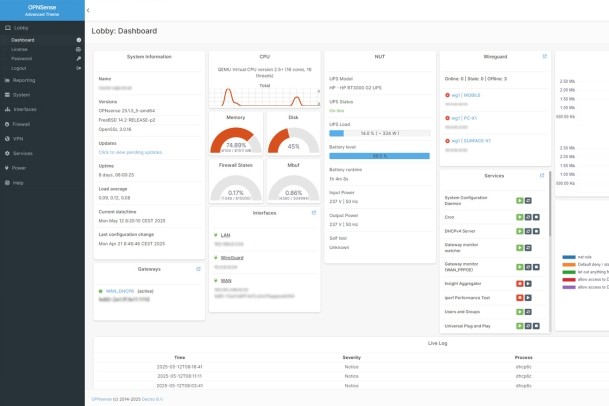October

Back in 2017, I bought my first car, a brand new Skoda Superb with a diesel engine. What made this car special was that it was relatively affordable yet still an entry-level luxury vehicle equipped with adaptive suspension and a range of advanced features. It boasted technologies like keyless entry, keyless start, ambient lighting, advanced safety systems such as pre-collision auto braking, electrically operated seats with heating and cooling, a Canton sound system, navigation with Android Auto, and much more. The car was already fairly quiet from the factory, and in comfort suspension mode, it provided excellent comfort on the road, absorbing most of the imperfections and potholes.
However, after long drives, I often felt extremely tired and exhausted. Curious about this, I researched why driving could be so draining. I discovered that much of the fatigue comes from the brain processing a multitude of information while on the road. Factors like road noise, imperfections, engine noise, and eye strain from bad visibility or constant scanning of the surroundings make the brain work harder, leading to fatigue and reduced focus. The potential solution to this problem involved reducing the size of side windows, altering the front view (possibly by elongating the hood), lowering engine and road noise, and improving suspension smoothness.
While altering these aspects in a car that's already manufactured is challenging, aftermarket noise insulation, commonly known as noise deadening, presents a viable solution. This modification not only reduces fatigue but also elevates the driving experience, creating a quieter ambience in the car. It enables easier communication with passengers in a calm and quiet environment. However, it's crucial to understand that this process isn't simple. Strategic placement of deadening materials is essential. Focusing solely on the doors, for instance, won't suffice, as noise can still penetrate through the floor or windows. For optimal results, my recommendation is to tackle all areas at once.
Embarking on this endeavour, I delved into research on how others had approached this issue. I also studied various materials available, understanding that different cars have unique requirements. Some suffer from vibrating panels, while others lack adequate sound-stopping materials. Generally, there are three categories of materials: vibration deadening, noise stopping, and noise deadening. The distinction lies in how they deal with noise—some prevent it from passing through, while others stop it before it reaches the material. Noise deadening materials tend to be thicker, ranging from 15 to 35 millimeters, while noise stoppers are typically around 6mm thick. For my Skoda, I opted for 4mm of vibration deadening material, 6mm of noise stopper material, and 15mm of noise deadening material in most spaces.
After approximately 40 hours of meticulous work, involving disassembling the interior, applying the new materials, and reassembling everything, the project was finally complete. Covered in various deadening materials, the car was ready for a test drive. While I didn't conduct a formal noise level measurement with an Android application, the difference was palpable. Driving long distances became not just tolerable but truly enjoyable. I even managed to drive 1600 kilometres without a pause, a testament to the transformation this modification brought to my driving experience.
Volvo V90
My next ride was a Volvo V90 2018 with full options stocked. The car was amazing, but Volvo's noise insulation/deadening is really bad compared to the Audi A6, BMW 5 series and Mercedes E class. Almost like the car would be in a much lower range, while still hitting a staggering 84,000€ when new. Compared to my previous Superb, which was additionally deadened, I could really tell the difference in a bad way. So, I decided to do the same project again, this time choosing better materials.
October

Simple Vue Preloader
When working with Vue.js you quickly come to a need for a preloader...
September

How I Got Into RC World: A Winter Sunday Tale
These RC cars are almost like toys, but they're not actually toys...
January

Creating a simple MySQL abstraction library
Database is usually the slowest part of PHP application or web site....
October

OPNSense - Advanced Theme
As I mentioned in my other blog, Hyper-Fast Home Server: My Network...
























Leave A Comment